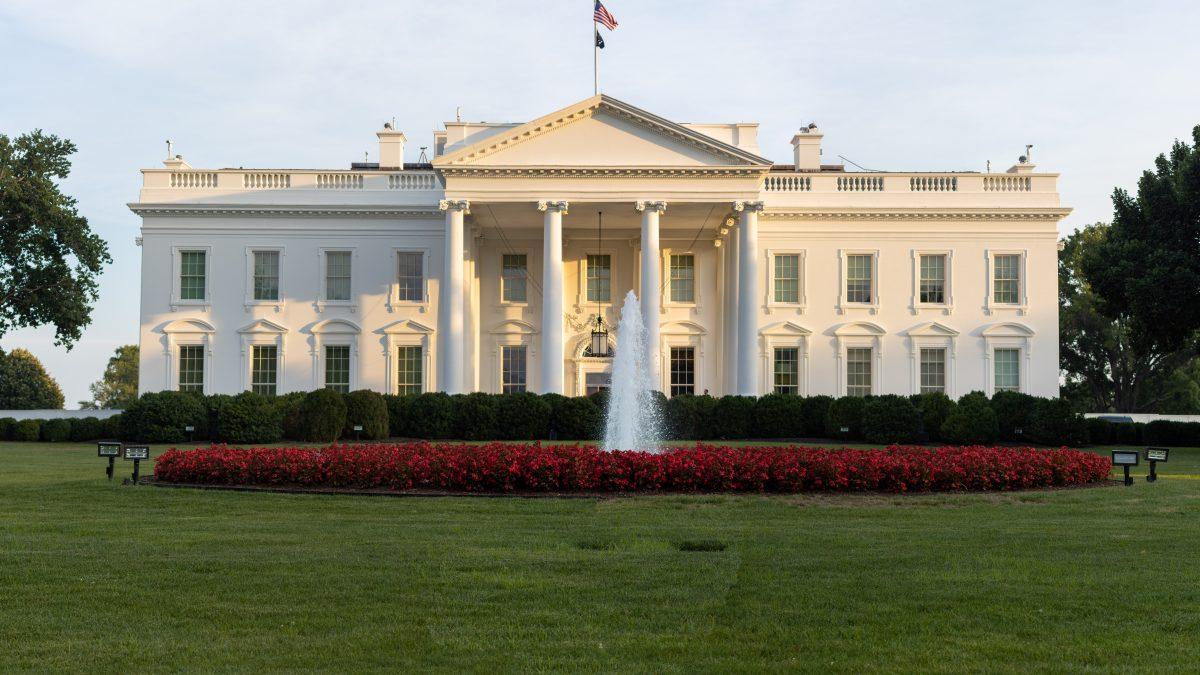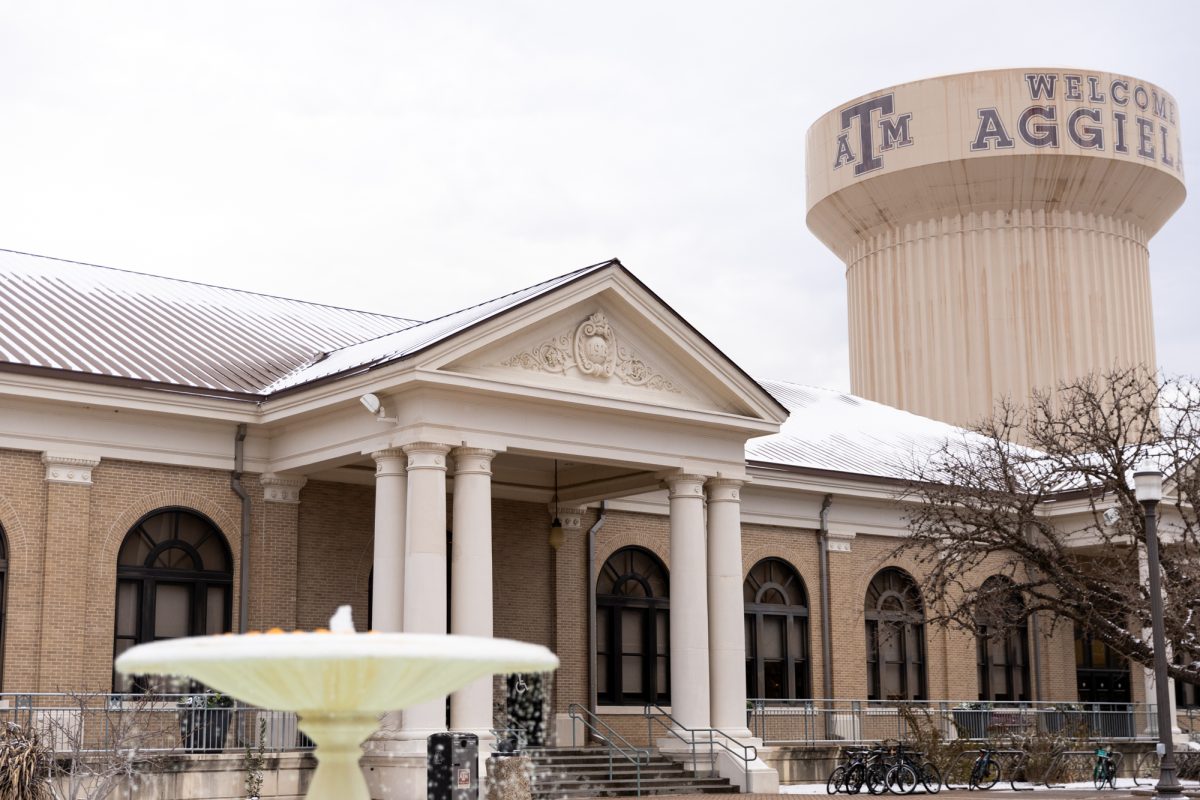A hypothetical: meet John and Cameron. They grew up together in a small rural town, went to the same school and shopped at the same stores. Both made similarly high grades and dreamt of going to college.
The difference between them? John was raised in a low-income household where he had to help pay to keep the lights on and food on the table. Knowing he wouldn’t be able to go to college without signing onto tens of thousands of dollars of student debt, he decided to go to the local trade school and learn to weld. John works hard and earns good money, but his college aspirations are long gone.
On the other hand, Cameron sees how fun and exciting college is and knows there is no way he could miss out. He applied to a four-year university and decided to finance his adventure primarily through federal loans. Eventually, he graduated and landed a lucrative job as an accountant in a big city firm. However, he still has $25,000 in student loan debt.
Under Biden’s student loan cancellation program, Cameron will receive a significant portion of his loans paid off. For John? He gets the middle finger from ol’ Uncle Sam.
Recently, President Biden announced a plan to dismiss up to $20,000 of student loan debt to borrowers making less than $125,000. While the plan is being touted as a compassionate step towards alleviating the pain caused by student loan debt, it’s a slap in the face to working-class people.
Every single person that never went to college — the plumber, construction worker, janitor and electrician — is now on the hook for student loans that they never signed off on and didn’t enjoy the benefits of. For the students who worked through college and paid off all their loans, you have the reward of being forced to donate to your less financially savvy peers. If that doesn’t sound fair, then you are absolutely correct.
If President Biden wants to help low and middle-class people, it is absurd to target college graduates. Based on every metric, graduates are better off than the non-college educated. Degree holders have a lower unemployment rate and make significantly more money than people who don’t. According to the U.S. Bureau of Labor Statistics, graduates with a bachelor’s degree earn about $1,305 per week, while people with only a highschool diploma make about $800. Transferring college tuition costs to everyday Americans is a bailout for the rich at the expense of the poor.
For many Aggies, the notion that non-college graduates will have their tax dollars spent on paying for other people’s degrees is questionable at best and downright sinister at worst. Tennyson Tipton, Class of 2022 said he took grievance with Biden’s incoming policy.
“I have sympathy for people struggling with student loan debt, but the idea that the small-town farmer in Iowa is supposed to pay for someone’s Harvard law debt is insane to me,” Tipton said. “It’s just a slap in the face.”
The moral argument against President Biden’s student bailout is simple: borrowers have an obligation to pay their debts. If I go to Walmart and purchase 100 Texas A&M shirts, I cannot force anyone else to pay my bill, no matter how redass my purchase is. By enrolling in a university, you are consenting to the necessary expenses. No one forced you to attend. No one made you apply for a loan. In every other aspect of life, this is common knowledge. It is only privileged graduates that wail about the supposed “unfairness” of it all.
Perhaps what is most frustrating is the arbitrary nature of it all. President Biden’s executive order is a one-time event, akin to winning the lottery. Only if you find yourself in the “esteemed” class of college graduates will you receive any of the benefits. If you graduated without any debt or didn’t go to college at all, you’re out of luck.
I won’t deny that college is incredibly expensive; for many, living with student loans is like having weights tied to their legs. But the solution isn’t merely throwing money at the problem and praying it goes away. The President’s plan does nothing to address the underlying problems which fuel the rising cost of college, such as university’s ever-expanding bureaucracy and irresponsible government subsidies that incentivize higher tuition costs. Instead, it’s a shot in the dark so the administration can say, ‘At least we’re doing something,’ even if that ‘something’ is nothing at all.
With the midterms fast approaching, it’s not hard to imagine what inspired this $500 billion spending frenzy. President Biden is stealing billions of dollars from the treasury to pay off what he believes to be his political base of support — privileged college elites.
Should a fast-food worker be forced to pay the college tuition fee of a doctor or engineer?
For President Biden, the answer is yes. But for the rest of America, I have a feeling the answer is, “Of course not. Are you insane?”
Ryan Lindner is a political science major and opinion writer for The Battalion.
Opinion: The case against student loan cancellation
September 7, 2022
Photo by Photo by Robert O’Brien
Opinion writer Ryan Linder argues against against President Joe Biden’s relief program.
1
Donate to The Battalion
$2065
$5000
Contributed
Our Goal
Your donation will support the student journalists of Texas A&M University - College Station. Your contribution will allow us to purchase equipment and cover our annual website hosting costs, in addition to paying freelance staffers for their work, travel costs for coverage and more!
More to Discover
















